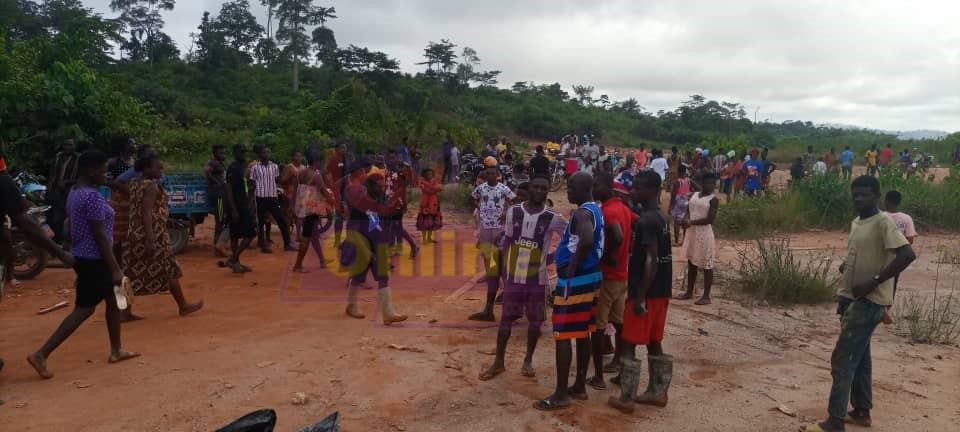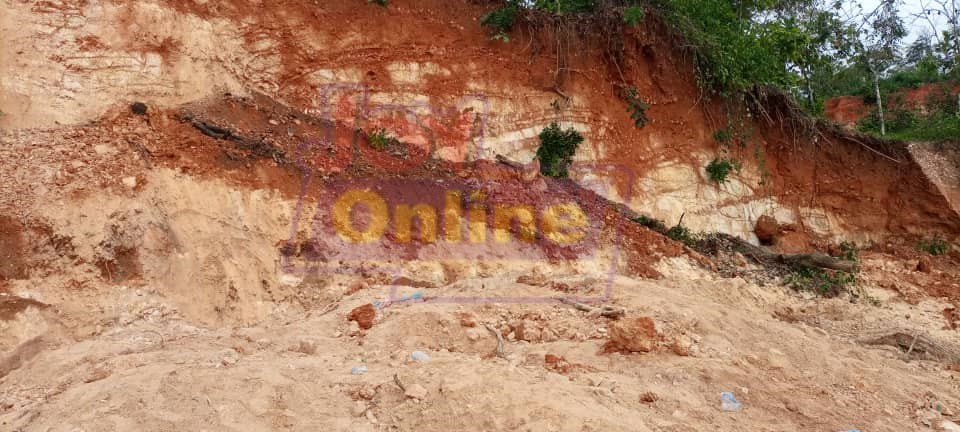French President Emmanuel Macron, in a visit to Rwanda, has said France recognised its “responsibility” in the 1994 Rwandan genocide, asking for forgiveness for his country’s role but without offering an official apology.
His comments on Thursday came during a solemn speech at the Kigali Genocide Memorial, where 250,000 victims of the mass killings are buried.
Some 800,000 ethnic Tutsis and moderate Hutus were killed by Hutu militias in 100 days of bloodletting that began in April 1994. The genocide ended in July 1994 when the Rwandan Patriotic Front (RPF), led by current President Kagame, swept in from Uganda and seized control of the country.
Macron said France did not listen to those who warned it about the impending massacre in Rwanda and stood de facto by a “genocidal regime”.
“Standing here today, with humility and respect, by your side, I have come to recognise our responsibilities,” he said, adding, however, that France “was not an accomplice” to the genocide.
Macron said France had a duty to admit the “suffering it inflicted on the Rwandan people by too long valuing silence over the examination of the truth”.
He added that only those who had survived the horrors “can maybe forgive; give us the gift of forgiveness”.
For his part, Kagame hailed Macron’s speech.
“His words were something more valuable than an apology. They were the truth,” he told a joint press conference after the two leaders met in Kigali.
While Macron’s comments went further than his predecessors, many in Rwanda were hoping for a full apology.
Ibuka, the country’s main genocide survivor group, said it was disappointed did not “present a clear apology”. Egide Nkuranga, president of the association, said Macron did not “ask forgiveness”, but he “really tried to explain the genocide, how it happened, what they didn’t do, their responsibilities … It’s very important, it shows that he understands us.”
Macron’s visit follows the release in March of a report by a French inquiry panel that said a colonial attitude had blinded French officials and the government bore a “serious and overwhelming” responsibility for not foreseeing the slaughter. However, the report absolved France of direct complicity in the killings.
Kagame, who has previously said France participated in the genocide, said last week that the report “meant a lot” to people in his country.
Rwandans could “maybe not forget, but forgive”, France for its role, said Kagame, a Tutsi and the main power in Rwandan politics since his rebel army ended the killings by death squads loyal to the Hutu-led government.
Macron agreed in April to open the Rwanda archives of former President Francois Mitterrand, who was in charge during the genocide. Shortly afterwards, Rwanda released its own report that found France was aware a genocide was being prepared and bore responsibility for enabling it, continuing in its unwavering support for Rwanda’s then-President, Juvenal Habyarimana.
It was the shooting down of Habyarimana’s plane, killing the president, that unleashed the frenzy of killings.
“French officials armed, advised, trained, equipped, and protected the Rwandan government,” the report said. France then proceeded to cover up its role for years, it added.
Al Jazeera’s Malcolm Webb, reporting from Kigali, said Macron was “between a rock and a hard place, to some extent”.
“He has to think about France’s interests in Africa generally and here in Rwanda there’s definitely a requirement to win the allegiance of Paul Kagame and the government to make the French narrative now match the narrative of RPF,” added Webb, noting that narratives around the genocide and the events of the 1990s are still controversial and contested.
“On the other hand, Macron has an election coming up in France and he has to stave off critique from the far right,” Webb said. “If he’d apologised here, that very likely would have been attacked by the far right and would not have been appreciated by powerful people in the military.”
From Rwanda, Macron will travel to South Africa, where he will meet President Cyril Ramaphosa to discuss COVID-19 and regional crises.














